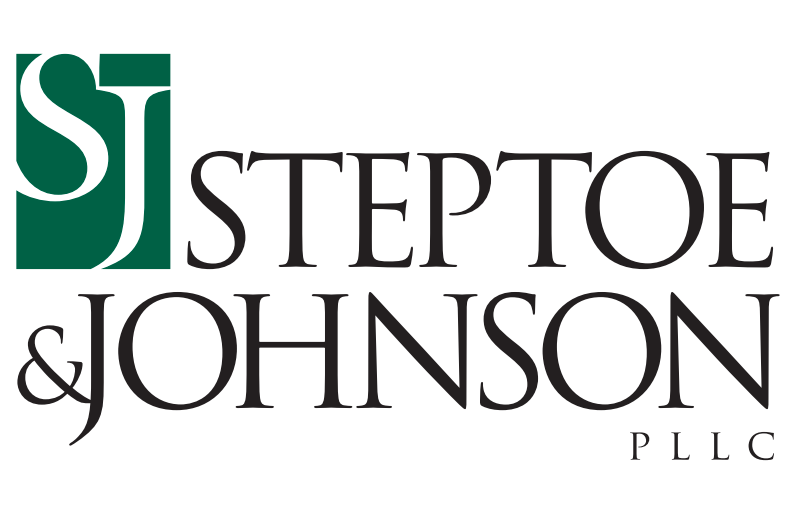The National Labor Relations Board (NLRB or the Board) General Counsel Jennifer Abruzzo filed a brief in a pending case on Monday, April 11, 2022, requesting the revival of a 1949 doctrine that would allow unions the ability to win recognition from employers even without a formal election—the Joy Silk doctrine. The impact and Abruzzo's stated goal, of giving new life to the Joy Silk doctrine is that employers may be required to accept unions without having the opportunity to require an NLRB sanctioned election. An employer that is ambushed by unions with authorization cards, signed under circumstances of which the employer may have no knowledge and certainly no control, would be forced to recognize the union as the employees' bargaining representative.
Despite the fact that the practice has been out of favor with the NLRB for nearly 60 years, Abruzzo filed a request with the Board seeking to reinstate Joy Silk, which would allow union recognition if a majority of workers sign authorization cards ostensibly demonstrating support for the union. Joy Silk would provide the basis for overturning an election if the union can show that it had majority status before the election, that it demanded recognition and advised the employer of the majority status, and that the employer did not have a "good faith basis" or a "good faith doubt" as to that majority status. The statement of good faith doubt would need to be made and explained at the time the employer is given notice of the union's alleged majority support.
Often, Joy Silk would arise in instances where the union would approach a lone supervisor by telling the supervisor it had majority status and has the required cards to demonstrate it. Under Joy Silk, regardless of whether the supervisor accepted the cards, the employer would be required to recognize the union unless it expressed its good faith doubt as to the union's majority status at the time the cards were presented. It follows that any employer lacking clear evidence against majority status, although the employer may be wholly unaware of the presence of the unionization effort until being presented with the cards, would be ordered to bargain with the union, even before an election demonstrating majority status takes place. Abruzzo's brief was filed in a pending case and, in support of reviving the doctrine, Abruzzo claims "the Board's current remedial scheme has failed to deter unfair labor practices during union organizing drives and provide for free and fair elections."
In substantial part, the brief returns to the NLRB v. Gissel Packing decision of 1969 that set Joy Silk aside. Abruzzo asserts that the Board's associate general counsel who argued Gissel before the Supreme Court and stated that Joy Silk was "virtually abandoned," had actually "misrepresented controlling board law." The result of this alleged "misrepresentation" was the institution of the Gissel doctrine, which permits the entry of a bargaining order even without an election only in cases where the employer's alleged unfair labor practices during the union campaign are so widespread that a fair election would not be possible.
Perhaps most concerning for employers, Abruzzo's brief blames the NLRB's election process for the reduction in private-sector unions which now represent only 6.1% of the workforce. Abruzzo claims that the Gissel doctrine has failed to adequately support unionization efforts.
Summing it up:
Those in favor of a return to the Joy Silk doctrine assert that it would dissuade employers from interfering with elections and reverse the tide of dwindling unionization in the private sector. Employers, on the other hand, argue that this is part of a larger initiative to encourage unionization by finding loopholes to the election process, thereby creating obstacles to companies' rights to conduct business in the way they choose and ensuring that the union's pre-election conduct is not coercive to employees who may sign authorization cards solely to avoid further harassment from persistent union organizers.







No comments:
Post a Comment
I need to approve